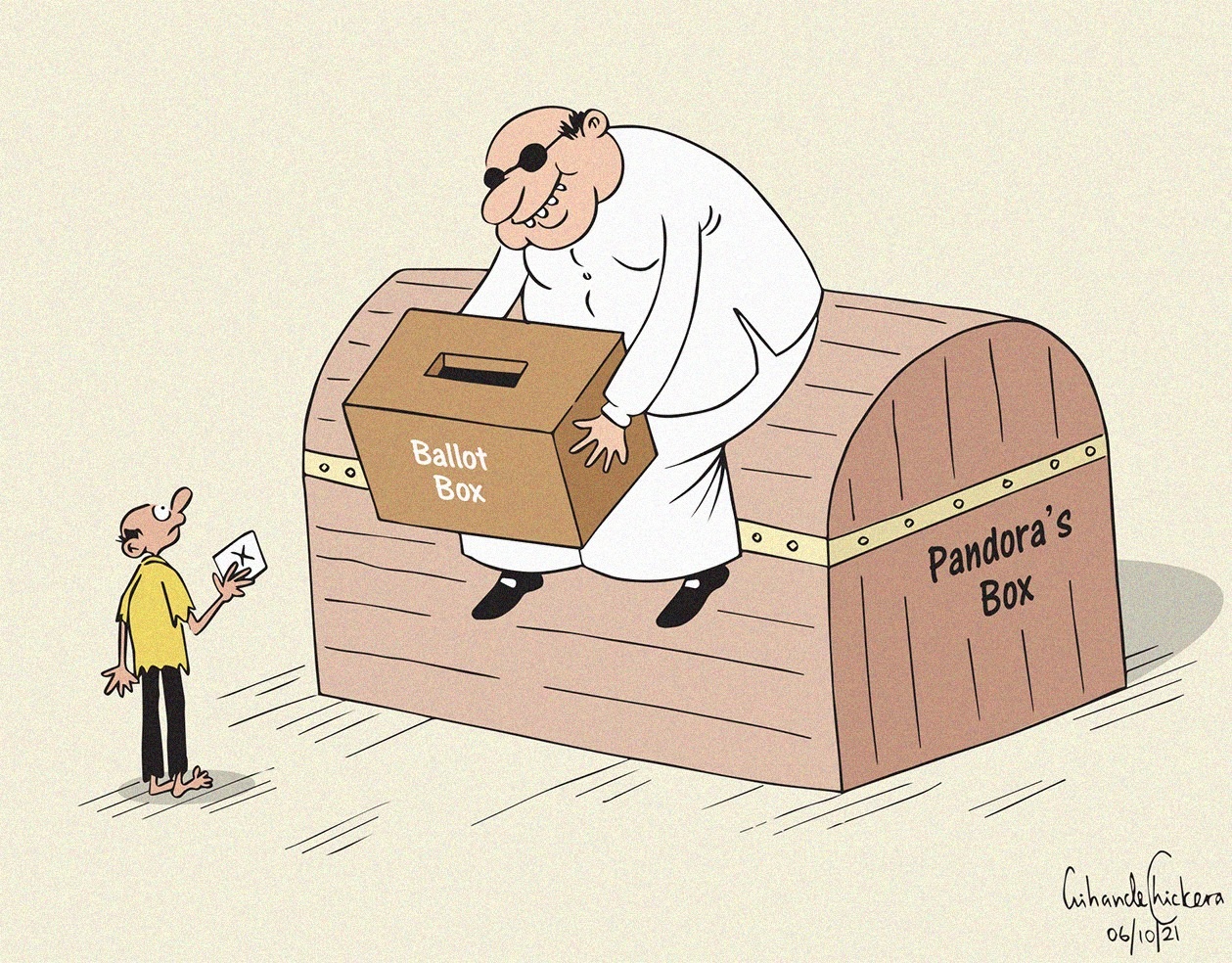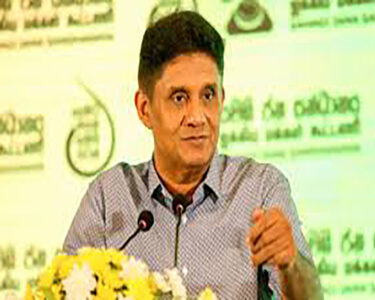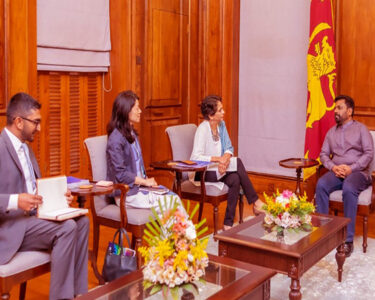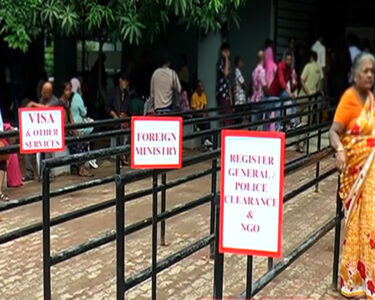Protecting the Common Man in Economic Policies
Professor Vijaya Kumar , emirate’s professor of the University of Peradeniya highlights how Sri Lanka’s current economic policies and decisions, especially those tied to the IMF bailout, are hurting the common man. He argues that the government has focused too much on satisfying international creditors and not enough on the needs of ordinary citizens.
One of the main points he raises is how the government failed to properly negotiate the terms of the IMF agreement. This agreement, he says, was accepted without considering its effects on the average person. He compares it to “a fistful of dollars,” as the amount provided by the IMF is a small fraction compared to the remittances sent by Sri Lankan workers abroad. Professor Kumar believes the agreement was more about improving the government’s image than helping the people.

A key issue he mentions is the “haircut” on treasury bonds, which impacts superannuation funds like the EPF and ETF. This cut means that many employees, especially estate workers, will receive 30% to 50% less money when they retire. Meanwhile, banks were protected, which the professor sees as prioritizing financial institutions over the well-being of the general population.
Kumar also criticizes the lack of support for small and medium-sized enterprises (SMEs). When interest rates were suddenly increased in 2022, many SMEs could not repay their loans and collapsed. This, he claims, is because the Central Bank is more influenced by the IMF and the government than the actual needs of the people.
He also discusses the privatization of state banks, arguing that they are essential for providing low-cost services to ordinary citizens. Privatizing these banks, as suggested by some economists, would likely make banking services more expensive for the common man, while private banks tend to focus on wealthy clients.
The tax system is another area of concern. Currently, the same high tax rate is applied to both middle-income earners and the very wealthy. Kumar believes this is unfair and that the tax system should be more progressive, meaning those with higher incomes should pay more.
Cash transfer schemes, which aim to help vulnerable households, have also failed, according to Kumar. Programs like Jansaviya and Samurdhi have been ineffective due to political corruption and poor management, resulting in little benefit to the truly needy.
Finally, Kumar criticizes the government’s debt sustainability analysis, which was developed by the IMF. He suggests that the government should have considered alternative approaches that would better protect the country’s interests, similar to those used by Argentina.
In conclusion, Professor Vijaya Kumar calls for economic policies that prioritize the needs of ordinary citizens over international creditors and financial elites. He believes that without such changes, the common man will continue to bear the brunt of the country’s economic challenges







